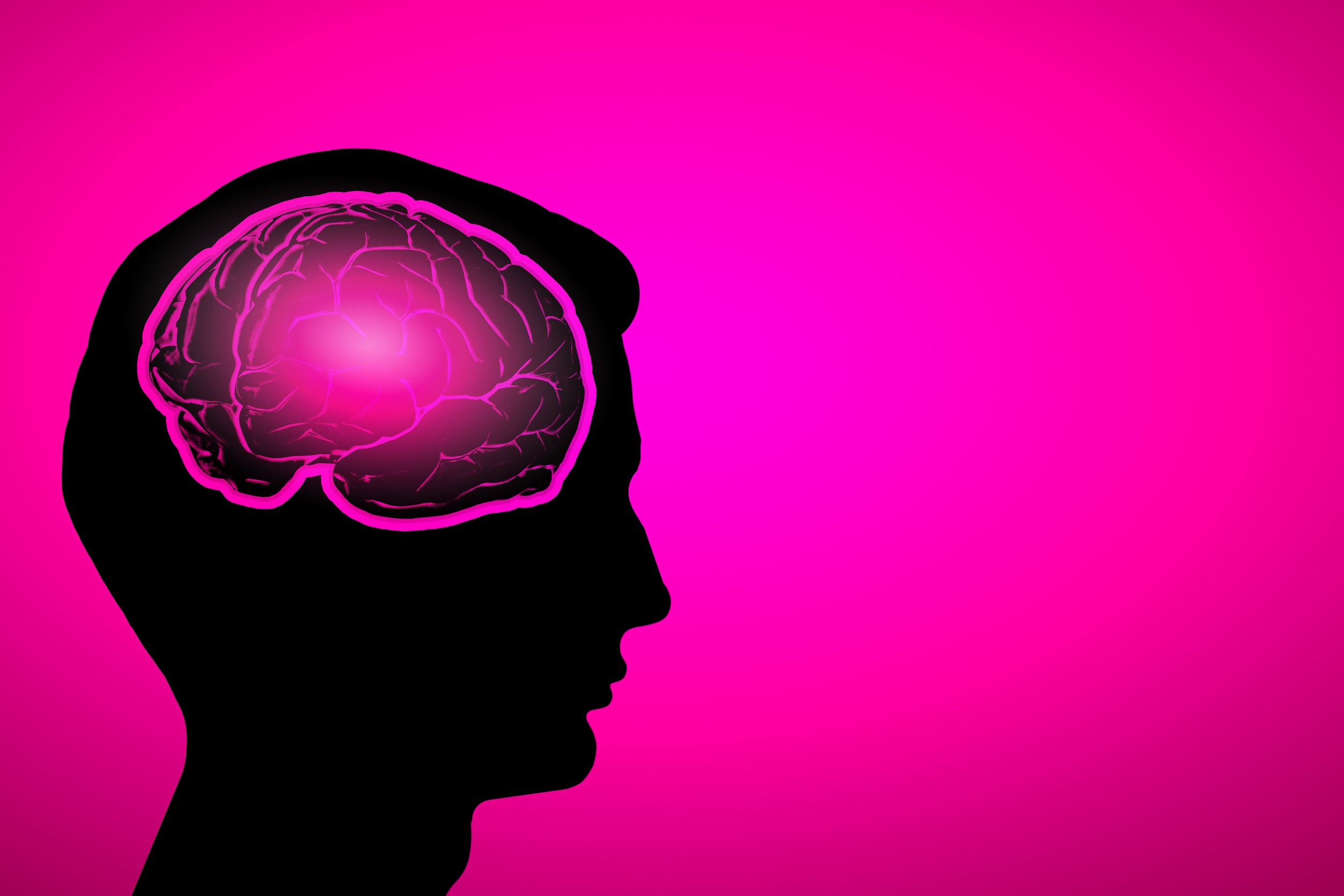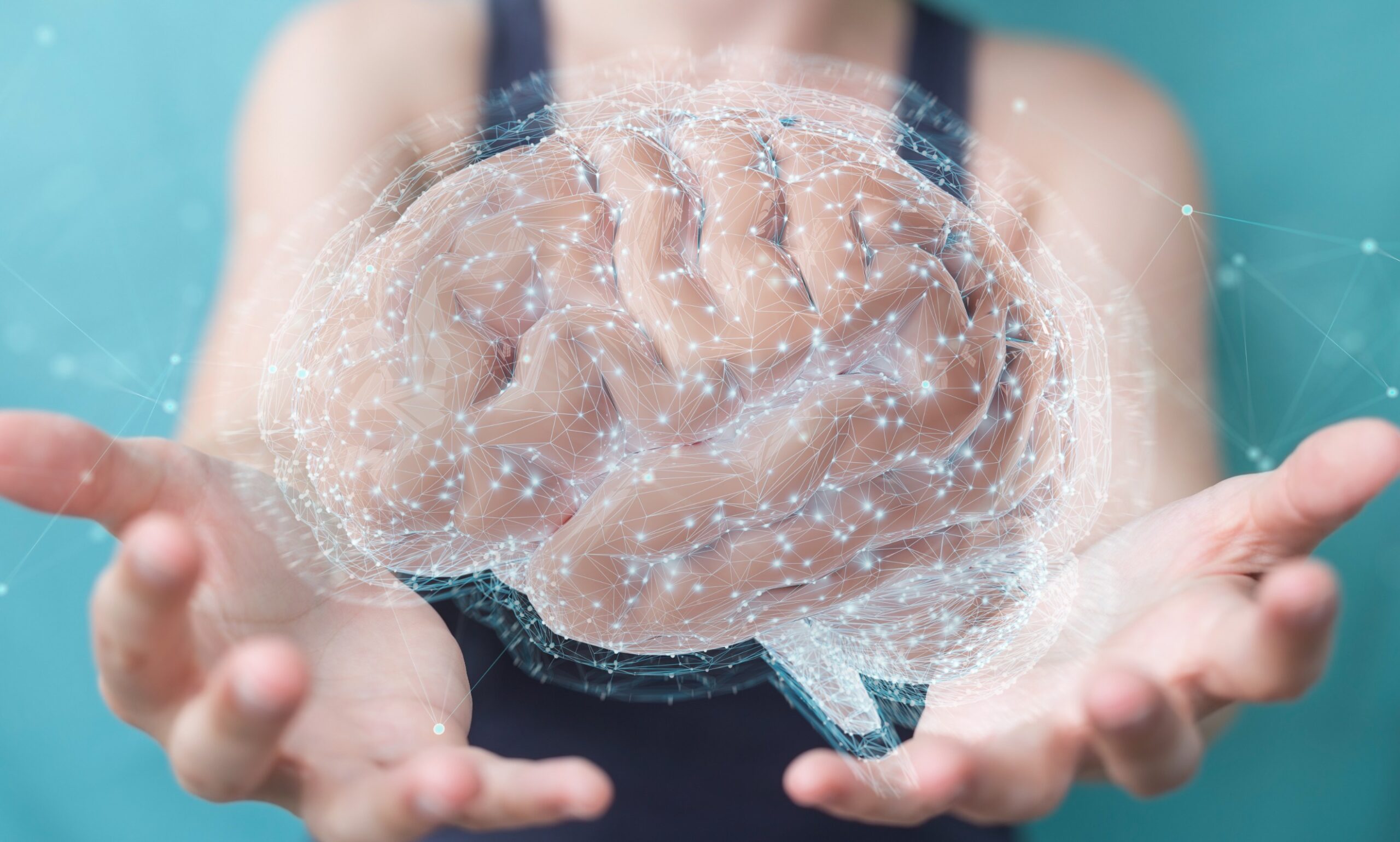
123rf
Memory is a fundamental aspect of human experience, shaping our identities and influencing our daily lives. However, despite its importance, memory is often misunderstood and surrounded by falsehoods. From the belief that memory works like a video camera to the notion that we only use a small fraction of our brains, these misconceptions can skew our understanding and expectations of how memory functions. By addressing and debunking these common falsehoods, we can develop a more accurate and practical perspective on memory, leading to better cognitive health and overall well-being. In this article, we will explore 13 widespread myths about memory and provide evidence-based insights to help you separate fact from fiction.
1. Memory is Like a Video Camera

123rf
One of the most pervasive myths about memory is that it functions like a video camera, recording every detail of an event accurately and precisely. In reality, memory is reconstructive, meaning that our brains piece together bits of information to create a coherent narrative. This process can be influenced by numerous factors, including our current emotions, beliefs, and experiences. As a result, memories can be distorted or even completely false.
2. You Only Use 10% of Your Brain

123rf
The notion that we only use 10% of our brain is a widely circulated falsehood. Neuroscience has shown that we use virtually every part of our brain, and most of it is active almost all the time. Memory functions involve complex interactions across various brain regions. This myth undermines the understanding of how dynamic and interconnected our brain activities truly are.
3. Photographic Memory Exists

123rf
Many people believe in the concept of photographic memory, where an individual can recall images, sounds, and objects with extreme precision. However, scientific evidence for true photographic memory is lacking. What some people experience are exceptional memory skills, often honed through practice and specific mnemonic techniques. These skills are impressive but not the same as having an infallible photographic recall.
4. Memory Decline is Inevitable with Age

123rf
While it is true that some cognitive decline can occur with aging, it is not an inevitable fate for everyone. Many older adults maintain sharp memories and cognitive functions well into their later years. Lifestyle factors such as regular physical activity, mental stimulation, and social engagement play crucial roles in preserving memory. Age-related memory decline can often be mitigated by staying mentally and physically active.
5. Suppressed Memories are Always Accurate

123rf
The idea that suppressed or repressed memories, especially those related to traumatic events, are always accurate is controversial and problematic. Research has shown that memories, particularly those of traumatic events, can be highly susceptible to suggestion and alteration. Therapies that attempt to recover these memories can sometimes create false memories. It is essential to approach the topic of recovered memories with caution and scientific rigor.
6. Amnesia Means Forgetting Everything

123rf
Amnesia is often dramatized in movies and TV shows as a complete loss of identity and past experiences. In reality, amnesia can take many forms, and it rarely involves a total loss of memory. Most cases involve the inability to form new memories (anterograde amnesia) or difficulty recalling past events (retrograde amnesia). The extent and nature of memory loss in amnesia vary widely depending on the cause and severity.
7. Memory Pills and Supplements are Miracle Cures

123rf
The market is flooded with pills and supplements claiming to boost memory and cognitive function. However, there is limited scientific evidence supporting the effectiveness of most of these products. Some supplements may offer minor benefits, but they are not miracle cures. This is just one of many memory falsehoods! A balanced diet, regular exercise, and mental engagement are far more effective strategies for maintaining and improving memory.
8. The Internet is Destroying Our Memory

123rf
There is a growing concern that the Internet and digital devices are harming our memory by making information readily accessible. While it is true that we may rely more on digital tools for storing and retrieving information, this does not necessarily mean our memory is deteriorating. Instead, our brains are adapting to a new way of managing information. The key is to find a balance between using digital tools and exercising our natural memory abilities.
9. All Memories are Created Equal

123rf
Not all memories are stored with the same level of detail and accuracy. Our brains prioritize certain types of information, such as emotionally charged or significant events, over mundane details. This selective memory process helps us navigate the world more efficiently by focusing on what is most relevant. Understanding this can help us better appreciate the complexities of how we remember and forget.
10. Alcohol Permanently Destroys Memory Cells

123rf
While excessive alcohol consumption can lead to memory impairments and conditions like Wernicke-Korsakoff syndrome, moderate alcohol intake does not necessarily destroy memory cells. The impact of alcohol on memory is more nuanced and depends on factors like the amount consumed, frequency, and individual susceptibility. Moderation is key, and understanding the potential risks can help mitigate long-term memory issues related to alcohol use.
11. You Can Train Your Brain to Have Perfect Memory

123rf
While brain training programs and memory techniques can certainly improve your memory skills, the idea of achieving a perfect memory is unrealistic and one of many memory falsehoods. Human memory is inherently fallible and subject to various influences. Training can enhance specific memory tasks, but it does not make memory infallible. Accepting the imperfections of memory while striving for improvement is a more balanced approach.
12. Napping Harms Your Memory

123rf
Contrary to the belief that napping can disrupt memory and cognitive function, research shows that short naps can actually benefit memory consolidation. A brief nap can help reinforce information learned earlier and improve recall. The key is to keep naps short, around 20-30 minutes, to avoid grogginess and ensure they are refreshing. Incorporating napping strategically can be a valuable tool for memory enhancement.
13. Stress Always Harms Memory

123rf
It is widely believed that stress is universally detrimental to memory, but the relationship is more complex. Acute stress can enhance memory formation, especially for emotionally charged events. However, chronic stress has a detrimental effect on memory and cognitive function. Managing stress effectively is crucial for maintaining a healthy balance and supporting optimal memory function.
Debunking Memory Falsehoods

123rf
The myths and misconceptions about memory are pervasive, but a nuanced understanding can help us better appreciate its complexities. Memory is not a static, flawless recording device; it is a dynamic, reconstructive process influenced by numerous factors. By dispelling these falsehoods, we can adopt more effective strategies for improving and maintaining our memory. Staying informed and approaching memory with a balanced perspective can enhance our cognitive health and overall well-being.

Leave a Reply